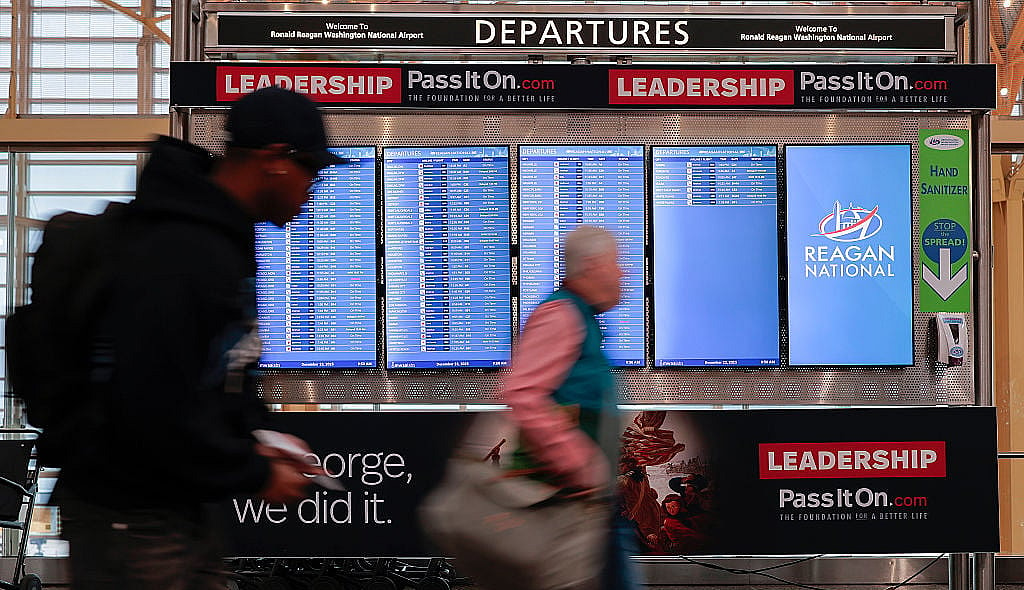If you’re taking to the friendly skies this vacation season, you may want to think twice before getting an in-flight alcoholic beverage. While most travelers enjoy having a glass of wine or cocktail to relax during their flight, a recent study found that consuming alcohol on airplanes can have detrimental impacts on a person’s body. According to experts, drinking at high altitudes puts a strain on the body’s cardiovascular system as it reduces blood oxygen levels, triggers dehydration, and more.
“Why not just avoid drinking it in a situation that is already stressful for the body?” study author Eva-Maria Elmenhorst told National Geographic.
Beyond the stress of navigating TSA, luggage and boarding, traveling on an aircraft inherently puts stress on an individual’s body. Though airplanes use pressurized systems to help alleviate the impacts, reaching high altitudes decreases oxygen levels within the flight’s cabin, accordingly decreasing passengers’ blood oxygen levels, according to pulmonologist Dr. Colin Church, per the New York Times. As a result, the body instinctively finds ways to adapt to these environments, explained Dr. Andrew Luks, a physician and University of Washington professor of pulmonary, critical care, and sleep medicine.
“Your heart rate’s higher, you breathe more — [you] either take more breaths each minute and/or take deeper breaths,” Luks said, per National Geographic. “[There are] a whole range of physiologic responses in the body, most of which are intended to help your body adjust to the low oxygen conditions and compensate for it.”
Recommended Stories
With the added effects of alcohol, these factors can have varying effects on travelers depending on their health, age, and physiology. The study found that even healthy participants experienced moderate cardiac stress, comparable to what one would experience when taking a walk when mixing alcohol and altitude. Although young, healthy people are more likely to be able to tolerate low blood oxygen levels, also known as hypoxemia, these conditions can cause tissue damage. On the other hand, experts say the implications of combining alcohol and altitude can be more severe for older people or people with preexisting cardiac or respiratory conditions, increasing the likelihood of having a medical emergency in flight.
In addition to impacting the cardiovascular system, alcohol can impact one’s sleep. While the study acknowledges how quickly a glass of wine or cocktail can help passengers fall asleep, the research revealed that alcohol can ultimately interfere with the quality of sleep.
“When you drink a lot of alcohol, it does have a depressant effect, and you feel sleepy,” Mariann Piano, a substance abuse expert and professor of nursing at Vanderbilt University, explained, per National Geographic. “But as you’re sleeping, your blood alcohol level is declining and, at certain blood alcohol levels, it actually becomes more of a stimulant and it wakes you up.”
Mixing alcohol and altitude often caused participants in the study to wake from their sleep more often, making them feel less well-rested the following day.
Though experts ultimately recommend not consuming alcohol during air travel, if you must indulge, they suggest having one drink during a flight. To minimize the impacts altitude and alcohol can have on the body, follow that drink with water to avoid dehydration, and monitor how you’re feeling at the end of the flight.
“Go ahead and have a beer or a glass of wine,” Luks concluded. “But don’t overdo it.”










